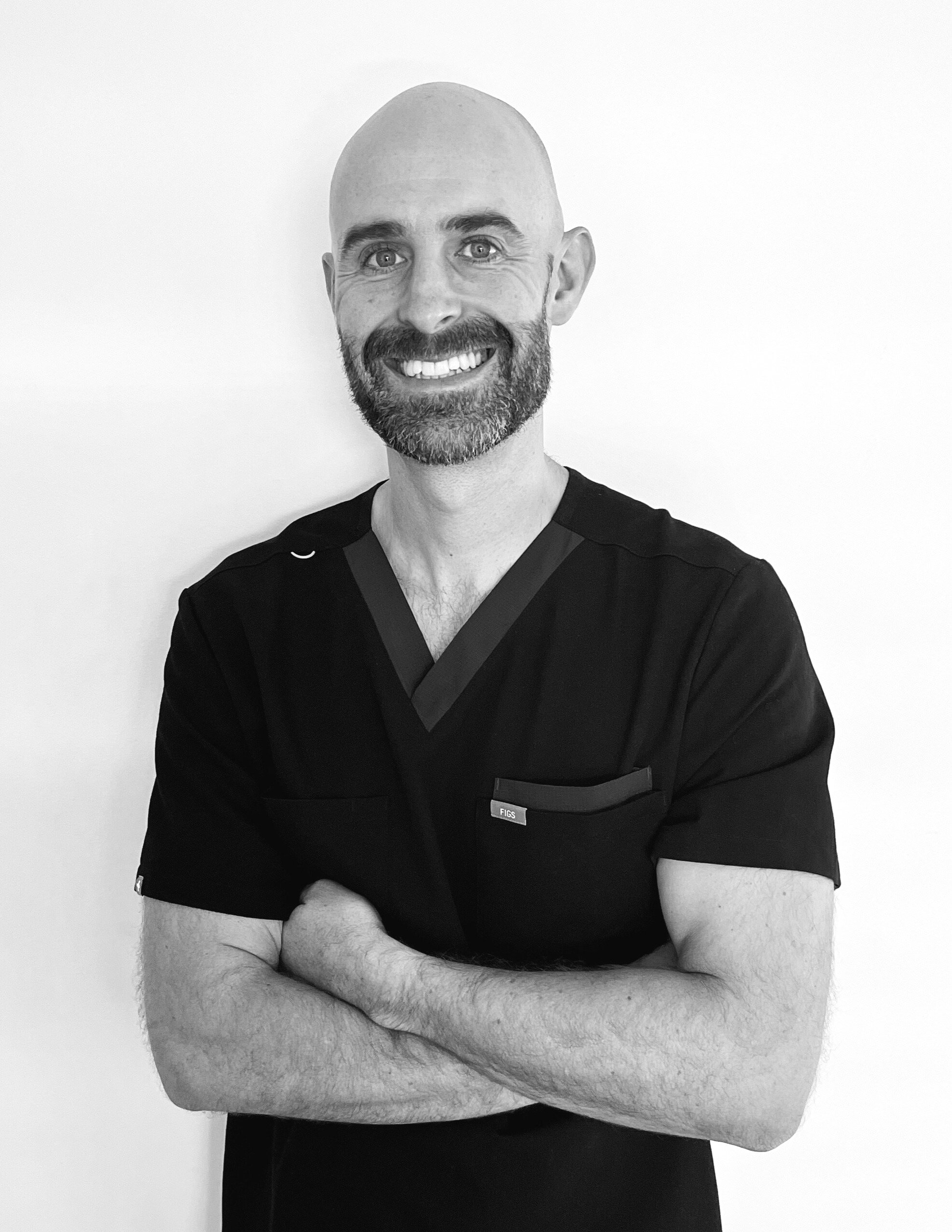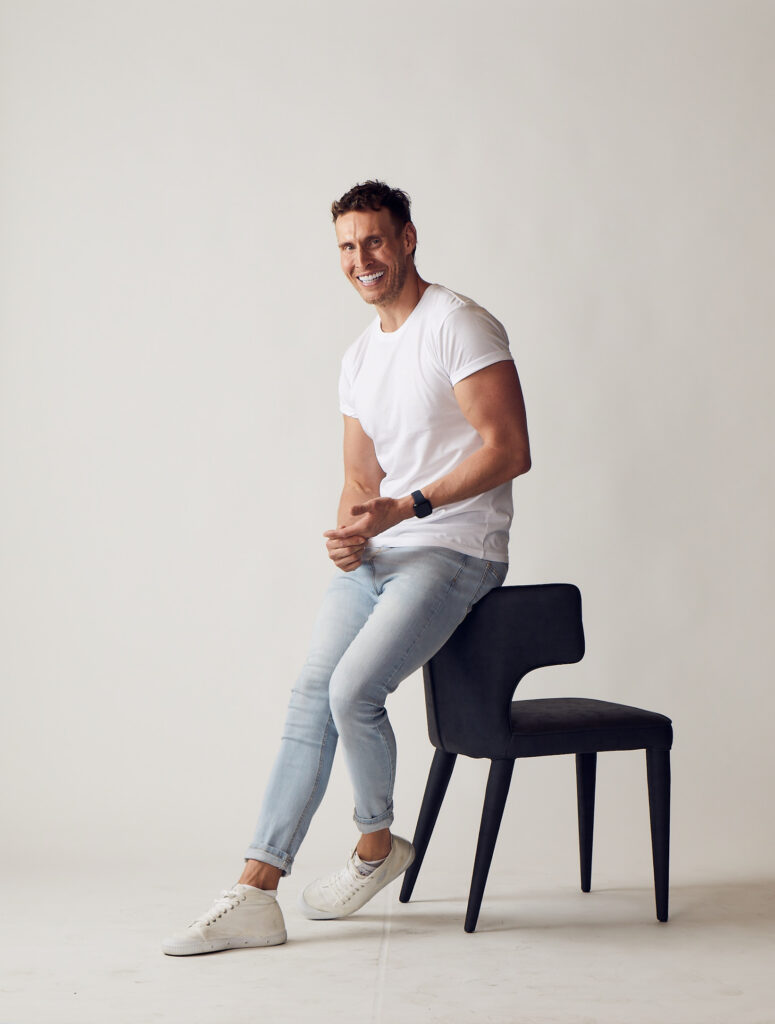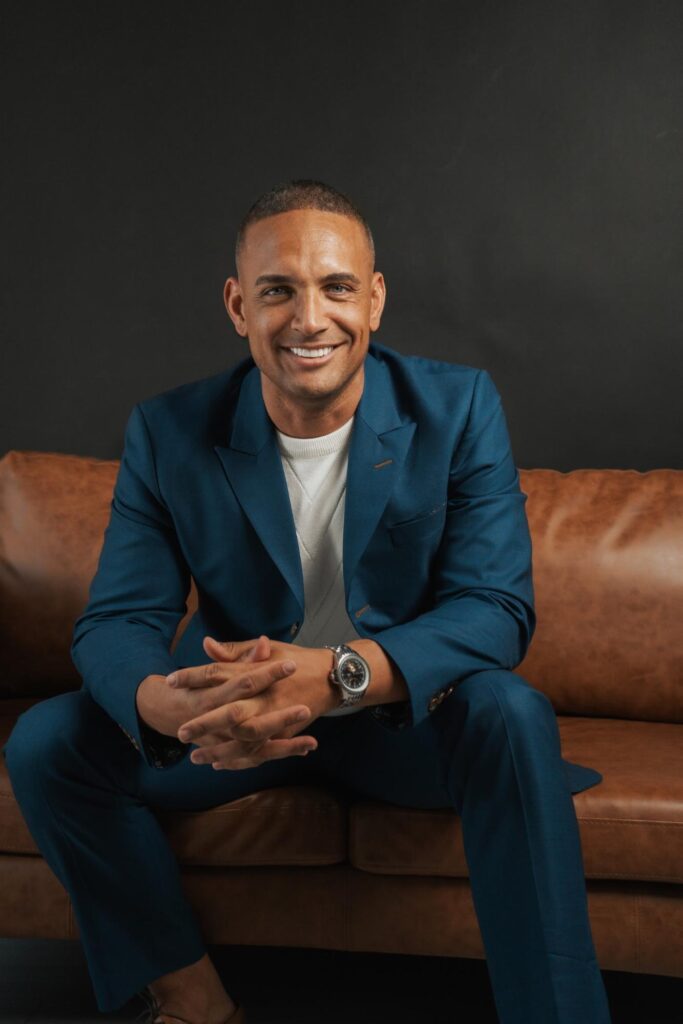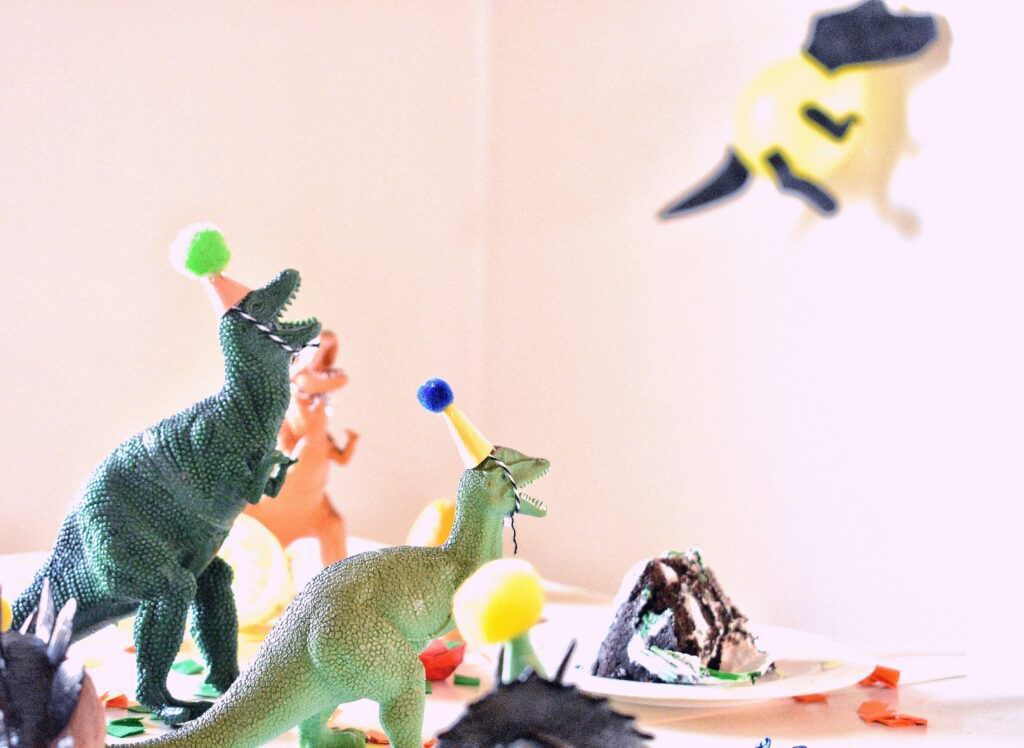THIS IS SO hard to write… and that’s exactly why I’m doing it. I’m a doctor. I talk to men every day about mental health – about how they’re feeling, about stress, burnout, anger, relationships, addiction, depression, the works. But I’ll tell you this – it doesn’t make it any easier to talk about my own mental health. In fact, in some ways, it’s harder. Because the expectation that I’ve ‘got it all together’ is louder than ever. So this isn’t an easy piece to write. And that’s exactly why I have to do it.
I toy with the idea even as I write this that I can’t be ‘too honest’, ‘too emotional’, ‘too soppy’, ‘too vulnerable’, or ‘too truthful’ in this article, because after all, I’m the doctor and a man who’s supposed to be so capable, so self-assured and so reliable, right?
I’m the guy that when you’re struggling, you come to me with the complete trust and expectation that I’m ‘on it’– showing any signs of vulnerability might make people doubt me, or even deter a patient from coming to see me. But I recognise that the thoughts I have are mirrored by so many other guys, and that’s the problem. I want to open up, have conversations, be reassured that other guys are like me but I quickly shut down and don’t take that thought any further for fear of showing ‘weakness’. It’s very wrong, and it needs to change. No matter who we are, what we do, what status or role we hold, what image we think we are meant to portray, how we think people view us – we all have challenges and doubts, and we are absolutely, undeniably human.
Don’t get me wrong, I’m 36 and juggling a lot of balls right now… and I don’t think I’ve dropped any yet! If you were to ask my very traditional-minded father, he would say that your 30s is the very time to be busy, stressed, sleep-deprived, over-worked, burnt-out and under pressure… after all, that’s what his generation did! You either maintained your façade and stiffened your upper lip or crumbled silently. It was dog eat dog, man versus man. This is not that generation anymore, and we need to acknowledge that.
Men’s mental health is in crisis. Suicide is the leading cause of death for Australian men aged 15 to 44. In fact, three out of every four suicides in Australia are by men. The suicide rate is highest in men aged 40 to 49 – the very group most likely to be silently carrying the crushing weight of expectation. Men are less likely to seek help for mental health issues, more likely to turn to substance use, and far more likely to bottle things up until they explode. The mask of masculinity is literally killing us.
We die younger. We’re less likely to seek help. We’re more likely to isolate, to drink, to ignore the warning signs. And yet we keep up appearances. Keep marching on. Keep swallowing our pain.
And I get it. Because I’ve done it and I do it.
Let me acknowledge this: by many people’s standards, I have led a privileged life. But I’ve also lived a life that’s required resilience – dealing with huge changes, deep grief, identity shifts, overwhelming responsibility, and personal setbacks. I’ve crammed a lot into my 36 years, and whether or not I’m the right or most reputable person to share any pearls of wisdom is absolutely up for debate. But if even one man reading this feels reassured, makes a change, or simply feels heard – then it’s worth writing.
So I want to share three mantras –- phrases I’ve come to live by – that have helped me navigate the complexity of life so far. Each of these is rooted in a different chapter of my story. I know there are more mantras to come, and some might be disproven or redefined, but for now, these are the ones that have stood me in good stead.

Dr Lloyd Evans, founder of MAN Health
“No direction is the wrong direction. It’s just a redirection”
I’ve been introduced at conferences and events as “the guy who turned his life around”. That’s never sat right with me. Because it implies there was something broken, something that needed undoing or redoing. But there wasn’t. Life threw me curveballs, and I did what we all do – I adjusted. And if you are here right now reading this, you adjusted!
This mantra was forged during some pretty major, simultaneously occurring moments in 2007: being released from the professional soccer world that I had so deeply invested myself in, becoming a teenage father that automatically came with a stereotype overnight, and sitting my pivotal secondary school exams that would go on to determine the rest of my life… all within the space of a few weeks. All three of these events were seismic. All felt like they turned my world upside down.
Let me start with fatherhood. I remember the day I found out my now wife, Claire, was pregnant. We were both 17. I was flooded with panic, fear, and a heavy, all-consuming dread. I also felt embarrassment, irresponsible, lost. I hadn’t even figured out who I was, let alone how to now raise a child to guide them too. And as tough as it was for me, I dread to think how Claire was feeling. I was too young and naive to even consider that part properly.
Around the same time, I was let go from Cardiff City FC. Soccer and sporting excellence had been my identity from the age of nine. I’d spent years dreaming of establishing myself as a professional, and then, gone. Overnight. Released. The thing I (and everyone that knew me) thought would define my future, the dream I and those closest to me had invested everything into, vanished with one 15-minute meeting in the manager’s office. I felt I had let so many people down.
Then there was the pressure of sitting exams that would now ultimately determine if I was to attend medical school, become a doctor (always my tough fall-back if I didn’t make it in soccer) and crucially support my family…as if sitting exams as a teenager wasn’t hard enough, I felt the real pressure of absolutely needing to do well for this human in my life who was making an early appearance! Gethin is now a strong man who fills me with pride everyday knowing that we grew up together and have both turned out okay.
These weren’t things I could ‘bounce back’ from. They changed me. They demanded that I withstand. To hold firm, to endure, to stay upright when everything else was spinning. I didn’t turn my life around. I just kept going in the new direction life had chosen for me.
Because here’s the truth: you don’t always need to recover from life. But you do need to withstand it.
My path has zigzagged wildly – teenage fatherhood, sporting failure, caring for a child with complex needs (I refer to the wonderfully unique Gloria later on in this article), emigrating at 30, building and owning a men’s health clinic, and facing and fighting my own thoughts and feelings like every other man along the way.
But every bump, every sharp turn, every loss redirected me. Not away from something, but towards who I was meant to become.
So don’t wait until the storm passes. Don’t wait until you’ve got it all figured out because no one has it all figured out! Talk to someone. Check in with your mates. Cry if you need to. Feel everything and withstand and redirect.
Because resilience isn’t about being unaffected. It’s about staying upright.
And sometimes, just getting through today is more than enough.
“Feel the feels”
This mantra took root when my daughter, Gloria came into my life.
She was born with a rare genetic disorder and significant learning difficulties. She has spent time in intensive care. I’ve seen her intubated and resuscitated. Those moments redefine everything you think you know about love and resilience. The resilience needed to keep caring for her doesn’t stop.
Watching her has made me reflect deeply. I often wonder as I sit silently by her at night: what does she feel? How much does she feel? Does she dream? Does she have hopes, aspirations, pleasures? Truth-be-told, I don’t know if she’s cognitively capable of those things. She smiles, she cries, she giggles, she tantrums. And it’s reminded me of something powerful.
We often measure our lives by experiences – travel, grades, holidays, jobs, awards, milestones…lots of these things Gloria won’t be able to achieve. But maybe we’ve got it wrong. Maybe life is best measured by feelings. The depth of our sadness. The heights of our joy. The sting of frustration. The fire of hope. The weight of anxiety.
Every emotion – whether it lifts you or flattens you – adds depth and colour to your life. To feel is to live. And the more we allow ourselves to feel, the more human we become, the more life we live.
So feel the feels. Don’t numb them. Don’t run from them. Honour them and appreciate that you are feeling them when others amongst you may not have that luxury.
“Be selfish to be selfless”
This one is perhaps the hardest to learn – especially for men. We’re taught to be providers. To put ourselves last. To serve our families by sacrificing our needs. But that model is broken and arguably very out-dated. I am not here to write about masculinity, that’s for another time. But it does influence us as men, it influences our health, our mental health.
When Arthur, my youngest son, was born, and around the same time I was building MAN Health Clinic from the ground up, I hit a realisation. The “family man paradox” became very real to me.
I was burning out, all while trying to be the best dad, the best husband, the best doctor, and now, the best business owner. I was seeing that I was exhausted, short-tempered, never present. I thought I was doing right by my family and thought I was doing everything “for” them. I was wrong.
That’s when I realised: you can never be selfish with your health. It’s what underpins everything. Because prioritising your health – mental and physical – is the most selfless thing you can do. It allows you to be present. It allows you to endure. It allows you to give more of yourself in the right ways, at the right times.
“Be selfish to be selfless.”
I now carve out time for myself without guilt and actually see it as imperative. I exercise, get proper sleep (still not enough!), talk openly (a work in progress), take breaks, say no even. Not because I’m being selfish as a person, but because I know that’s how I remain strong enough to support the people who rely on me, thus being selfless!
If you’re burning yourself down to keep others warm, no one wins. And sooner or later, the fire goes out.
A final thought; you’re due a bad game
There’s one more mantra that’s stuck with me since my teenage years. It’s not shiny or profound and it’s potentially worthless to anyone else, but it’s been quietly powerful for me:
“You’re due a bad game.”
It came from sport, of course, soccer, to be exact. It was my way of coping with anxiety and nervousness before matches. To be honest, it wasn’t just before matches, it crept into training, team meetings, even recovery days. I’d tell myself that even the best in the world have off days. I was allowed an off day. A poor game, training session, decision or action doesn’t define your worth. It doesn’t erase your talent. It just means… you were due a bad one.
That mantra has followed me beyond the pitch – into study, work, relationships, and fatherhood. We’re all going to have days, weeks, even seasons where we feel off our game. That’s normal. That’s human. And it doesn’t mean you’ve failed. It just means you’re living.
So find your own mantra. Write it on your mirror. Trust in it. Let it anchor you. However weird or wonderful or stupid it might seem – if it helps you steady the ship, it’s worth keeping close.
Because we are all due a bad game, no matter who we are.
Adversity doesn’t discriminate. Mental health issues don’t discriminate. And no matter your background, your bank balance, your job title, the doctor across the table from you gets it.
You are not weak for struggling and should never be embarrassed for sharing that struggle. You are not alone in your thoughts. Trust me when I say that every guy, no matter how much they appear to be crushing it, accomplished, or complete is thinking your thoughts. I see them, across my clinic room and in the mirror.
Open up. Reach out. Say something. Say anything. Just don’t stay silent.
We’re all playing this game of life, and that game indeed ends at some point. However, we must make sure none of us sit on the bench alone.
Dr Lloyd Evans is the founder of MAN Health, a WA-based medical clinic offering a bespoke health service for men. For more information, visit here.
Related:
Breaking the silence: a paradigm for saving a life from suicide
Why talking therapy is losing its appeal – and fringe treatments are taking its place















